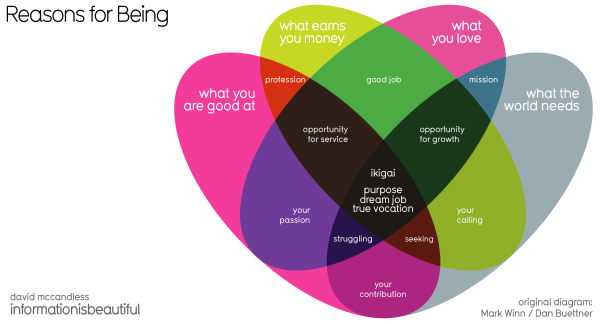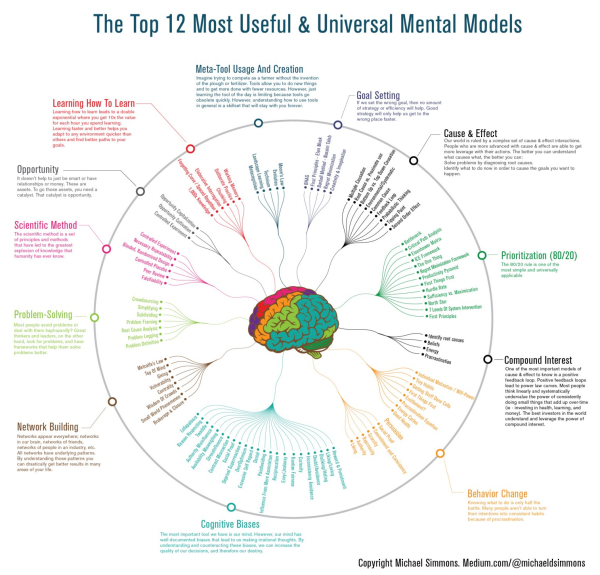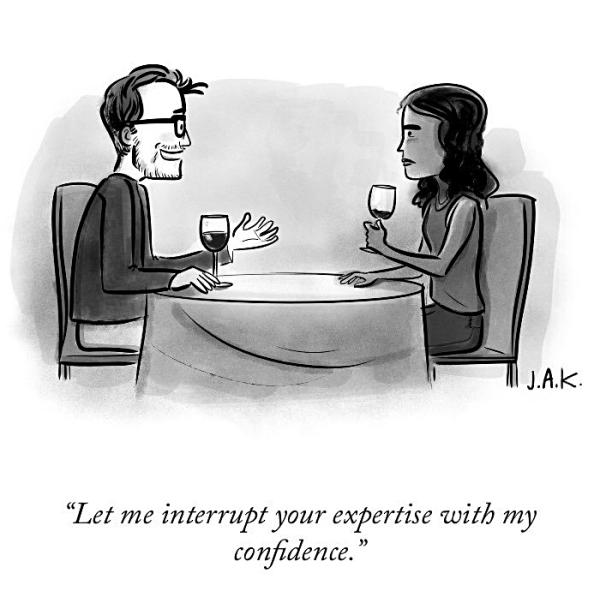I was in Saskatchewan, Canada last week for my first-ever snowmobiling experience.
When I got there, everyone was in great spirits. Apparently, this is a sport done with day drinking, lots of laughter, and abandon.
We split into groups: Insane, Merely Crazy, and the Turtles.
I figured I was relatively safe with the Turtles. Still, I have to admit that I was a little nervous. The machines are capable of gliding over the snow at speeds approaching 200 miles per hour. And, I heard stories that 70 percent of these outings ended in some form of injury. Those are some sphincter-tightening things to put together.
The scenery was majestic.
But I didn't notice till it was over. Humans are deletion creatures. That means they can hold seven things (plus or minus two) in their memory. Everything else gets filtered or deleted. For example, in chess, a grandmaster can focus on the portion of the board that is most proximately related to winning. A novice, however, wastes their buffers with thoughts like "the horsey-thing goes up two and over one."
While everyone else was focused on having fun, I focused on how to make the sled do something. There were no instructions that said click this, press that. Here's the brake, or, the three most important things to remember are …
I quickly learned two rules. The first, you have to lean in the direction that you want to turn (otherwise the sled tips over). By the way, it took me a few iterations to figure this one out.
Here is a picture of me just after they dug me out from under the sled.
The second rule is to try to stay on the sled. I never quite figured that rule out fully.
I guess you can be skillful, you can be lucky, or you can pray.
Luckily, I saw Father Rac before we started. My question was whether he was here to bless the participants or perform last rites.
After a nice conversation, he said he'd pray for me.
In my industry, we call that hedging.
I did last longer than the sled. It had to be towed.
Meanwhile, I still have ten fingers and ten toes, ended the day vertically, and had a ton of fun. Victory!
I’ll suck less next time.










 In many senses time is relative.
In many senses time is relative. 